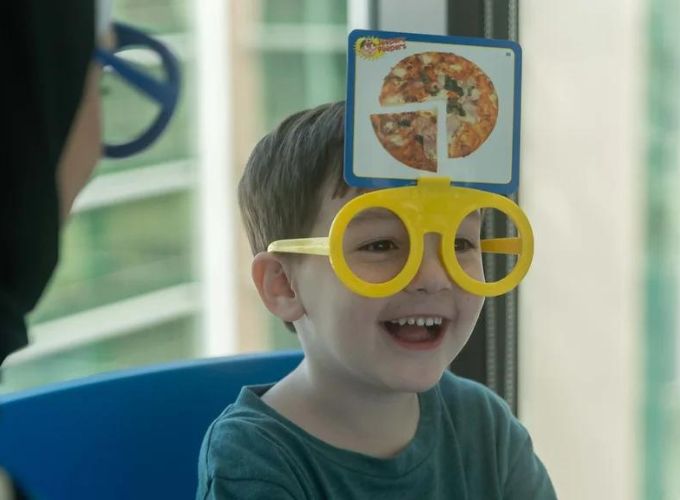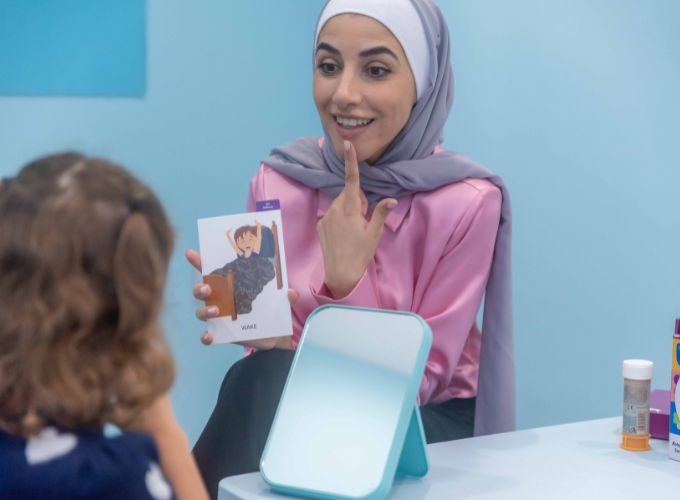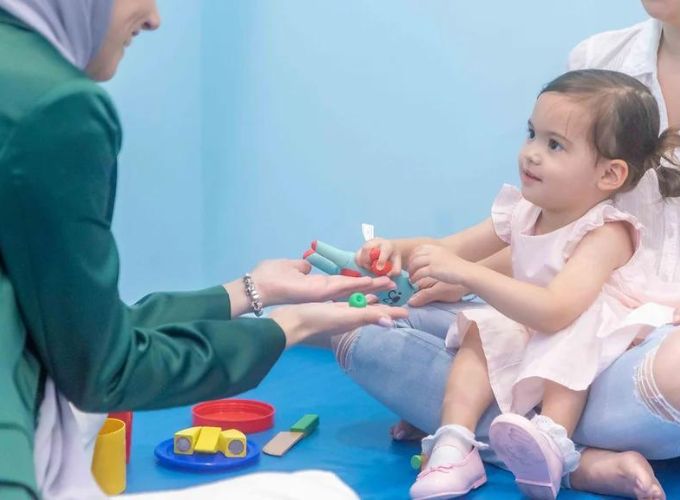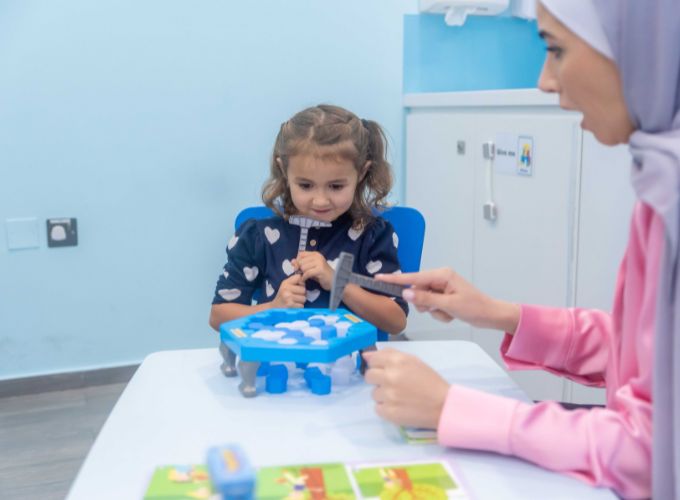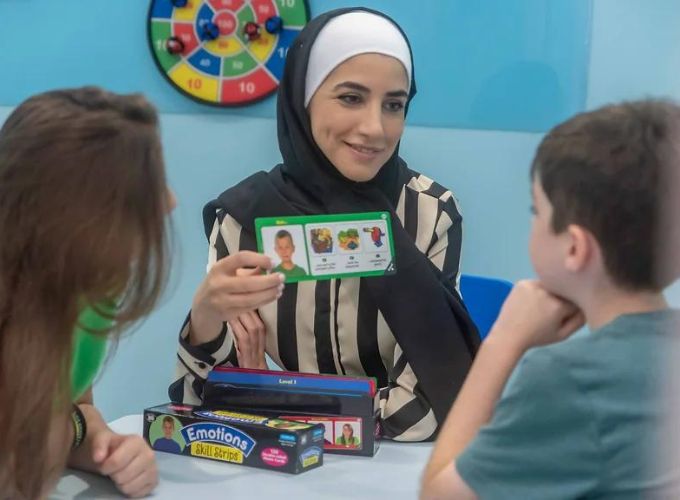Orofacial Myofunctional Disorders (OMDs)
OMDs can affect individuals of all ages, from children to adults. These disorders may disrupt the normal growth and development of the muscles and bones in the face and mouth. OMDs can also impact essential functions like eating, speaking, and breathing.
Individuals with an OMD may experience difficulty with speech, swallowing, and nasal breathing. One common symptom is tongue thrusting (or fronting), where a child pushes their tongue forward during speech, eating, or drinking.
Signs and Symptoms of Orofacial Myofunctional Disorders
It’s important to note that exhibiting one or more of the following symptoms does not automatically mean a person has an OMD. It’s crucial to consult with a professional, such as a speech-language Therapist (SLT), for an accurate diagnosis.
Some common signs of an OMD may include:
- Chronic mouth breathing or difficulty breathing through the nose
- Limited range of tongue movement
- Messy or challenging eating, especially in young children (although it is normal for infants to push food out with their tongue)
- Dental issues such as overbite, underbite, or other alignment problems
- The tongue protruding past the teeth, even when not speaking or eating
- Difficulty pronouncing certain sounds, such as “s” in "sun," “sh” in "ship," or “j” in "jump"
- Drooling beyond the age of 2
- Difficulty closing the lips while swallowing
Schedule an appointment with one of our Speech Language Therapists today to discover how we can help you.
Causes of Orofacial Myofunctional Disorders
There is no single known cause of OMDs. However, several factors may contribute to the development of these disorders, including:
- Blocked nasal passages due to enlarged tonsils or allergies, which can lead to mouth breathing
- Conditions that cause the tongue to be misaligned at rest or make it hard to keep the lips closed
- Prolonged sucking or chewing habits beyond the age of 3
Professional Evaluation for Orofacial Myofunctional Disorders
Several professionals may be involved in diagnosing an OMD. Dentists and orthodontists will assess your child’s teeth and jaw movement, while doctors can check for allergies or issues with the tonsils and adenoids. SLTs will evaluate your child’s speech and observe how they eat, drink, and breathe.
Speech-Language therapy Treatment for OMDs
Once any underlying breathing issues have been treated by a medical professional, an SLT can help your child with the following:
- Becoming more aware of their mouth and facial movements
- Learning where their tongue and mouth muscles should be positioned during speech, eating, and drinking
- Improving clarity in their speech
- Modifying chewing and swallowing techniques
- Practicing different breathing patterns

Request an appointment to improve speech and communication skills.
Our Speech Therapy center in Abu Dhabi can help enhance language abilities, articulation,
and social communication, empowering you to communicate confidently and effectively!
Schedule a consultation with Perfect Balance Speech & Language Therapy today, and
take the first step on your child’s journey to better communication!
